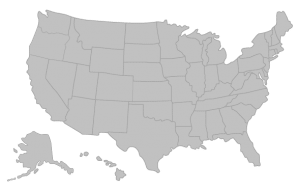Visitors to any French-speaking region of Canada, and in particular to Quebec, and who believe that what is spoken there is known as “international French,” will quickly be taken by surprise, because Canadian French has plenty of special distinctions. Although there are obvious shared origins, the influence of English and the separation from France have well and truly led to the creation of a separate language with its own vocabulary. Therefore, it is not surprising to notice that in general, French-speaking Canadians avoid English words in certain contexts, even though they may use them in others. Here, they don’t use English-influenced words such as “parking” (term used in France for “parking lot”) or “pressing” (term used in France for “dry cleaner”), but true French words such as stationnements and nettoyeurs. Technical vocabulary, for example, uses different terms that one should be aware of to avoid confusion. At the same time, several expressions have been borrowed from English, influenced by French, and then reintegrated into the everyday language.
French speakers in Canada are proud of their history, their language and of everything that makes them unique. While they are careful to maintain connections with other francophone regions of the world, they covet their individuality. Whenever we use Canadian French to communicate with francophone Canadians, we are recognizing what it is that sets them apart.













